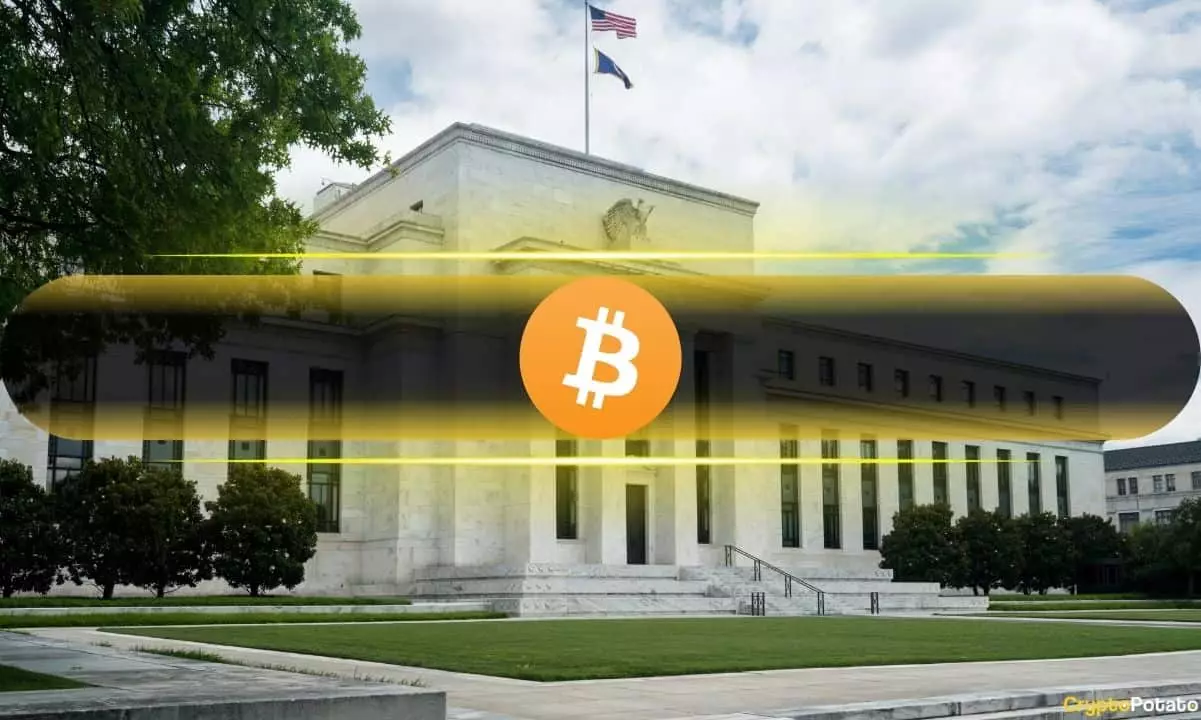In recent months, a striking shift has occurred in how U.S. voters perceive cryptocurrency in the political arena. A survey conducted by ConsenSys in collaboration with HarrisX indicates that nearly half of the American electorate—49%—views a pro-cryptocurrency stance as a significant criterion when evaluating political candidates. This sentiment underscores a burgeoning realization that cryptocurrency is not just a fleeting trend but a transformative force that could shape the future of economic policies and political platforms across the nation.
The survey highlights a profound willingness among voters to prioritize blockchain technology in their electoral choices. An astounding 62% of participants indicated they would be willing to cross party lines to support candidates advocating for pro-crypto policies. This unity among voters from diverse political affiliations emphasizes the potential of crypto to transcend traditional political divides and galvanize a new wave of policy advocacy.
Amidst an evident appetite for candidates who support cryptocurrency, there lies a notable concern regarding the current regulatory landscape. The survey reveals that 44% of respondents believe the Biden administration is failing to provide adequate support for the burgeoning crypto industry. It illustrates a growing unease with ongoing regulatory uncertainty, which many view as a barrier to tapping into the full potential of digital assets.
Participants expressed a strong desire for congressional leaders to adopt transparent and robust regulatory frameworks. Approximately 78% of the individuals surveyed asserted their support for politicians who aim to protect users from crypto-related fraud—a clear indication that voter concerns extend beyond mere interest in cryptocurrency into a demand for stronger consumer safeguards.
Joe Lubin, the CEO of ConsenSys and Ethereum co-founder, remarked on these findings, dispelling the myth that the crypto sector seeks to evade regulation. He emphasized the urgent need for clearer policy direction, noting that a failure to address these issues could alienate a significant voter base during upcoming elections. The message is clear: both major political parties have an opportunity to harness this shift and position themselves favorably with the electorate by embracing cryptocurrency.
Despite heightened interest in digital currencies, the general public exhibits considerable confusion about which regulatory bodies oversee the industry. Alarmingly, only 15% of respondents correctly identified the Securities and Exchange Commission (SEC) as the chief regulatory authority governing cryptocurrencies, while a mere 4% recognized the Commodity Futures Trading Commission (CFTC) as playing a role in this sector. Many voters mistakenly attributed the regulatory responsibilities to the U.S. Treasury Department, reflecting a significant knowledge gap that could hinder informed voting on such critical issues.
Furthermore, when asked to evaluate politicians’ grasp of cryptocurrency and its potential impacts, former President Donald Trump emerged as the unexpected frontrunner, with 53% believing he possesses an adequate understanding necessary to formulate appropriate policies. In contrast, only 41% rated Vice President Kamala Harris and 36% rated current President Joe Biden positively in this regard. This disparity raises questions about how public figures communicate their knowledge of digital currencies and the importance voters place on comprehension when selecting candidates.
Across ideological lines, Americans are voicing a strong demand for clarity and consumer protection in the realm of cryptocurrency. Voters from both Democratic and Independent backgrounds advocate for more transparency and assert that clearer regulatory guidelines are essential to foster trust in digital investments. Particularly in critical battleground states, the call for robust anti-fraud measures remains a dominant theme among constituents, showcasing an awareness that investment risks must be addressed to create a thriving cryptocurrency ecosystem.
The survey illuminates significant trends in political engagement as they pertain to cryptocurrency. As voters prioritize pro-crypto candidates and demand clearer regulations, it becomes increasingly evident that those in power cannot ignore the implications of this burgeoning movement. By understanding and responding to these demands, political candidates can not only expand their appeal but also contribute to shaping the future of an industry poised to revolutionize financial systems worldwide. The intersection of politics and cryptocurrency represents a promising frontier—one that, when navigated thoughtfully, could redefine the American electoral landscape for years to come.

